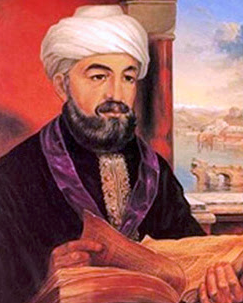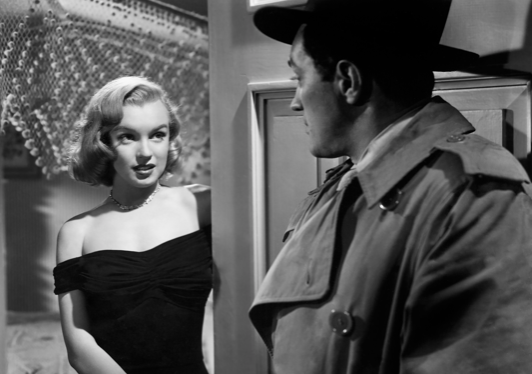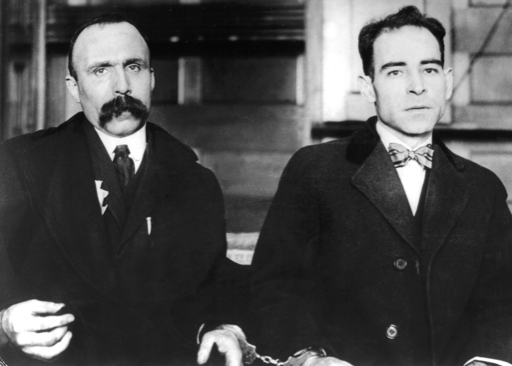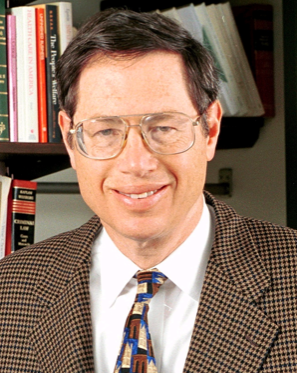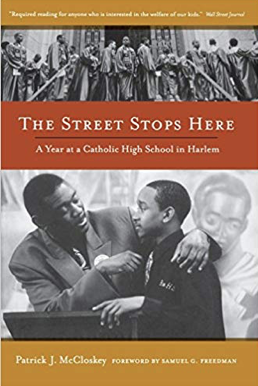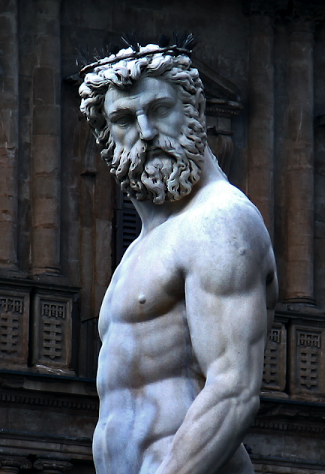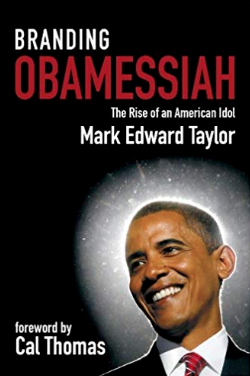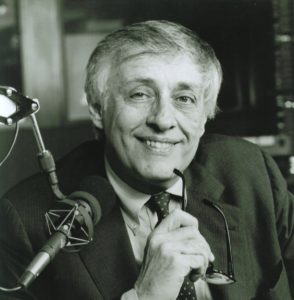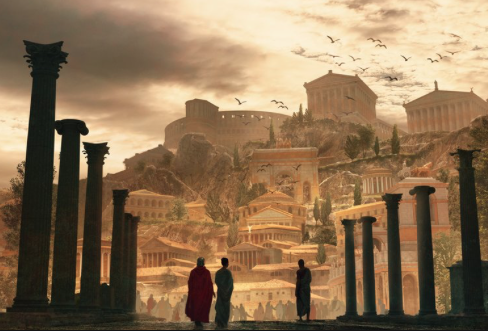
How Ancient Rome Got – And Lost – Its Mojo
With Daniel Garrison, Edwin MenesAdded 2.5.19. In this vintage 1993 episode Milt and two classicists examine how the Ancient Greeks endured a not-entirely hostile takeover by the nascent Roman Empire, and what happened after that. How, within several centuries, did a bunch of Roman provincials dwelling on seven hills and embroiled in feuds with other narrowly-focused rivals, gain control of southern Europe and develop a polity encompassing something like universal citizens’ rights and reasonably bright expectations for the future? And how was it – other than their well-known foibles and indulgences – that the Romans could not maintain their primacy? Driving this lively discussion along with the host were Daniel H. Garrison and Edwin P. Menes. Garrison was a classics professor at Northwestern University and Menes a classics scholar at Loyola University, Chicago.


